UPDATED, May 17, 2017, to add a sixth winner, Cameron Addad.
Six University of Virginia scholars will spend the summer immersed in foreign cultures and languages, thanks to the Critical Language Scholarships from the U.S. Department of State.
They are among approximately 550 U.S. undergraduate and graduate students who received scholarships from the program. They will spend seven to 10 weeks this summer in intensive language institutes in one of 13 countries, studying languages the U.S. government has deemed “critical”: Arabic, Azerbaijani, Bangla, Chinese, Hindi, Korean, Indonesian, Japanese, Persian, Punjabi, Russian, Swahili, Turkish or Urdu.
UVA’s participants are:
- Brooks Anderson of Centreville, a second-year global development studies and English major who will study Swahili in Arusha, Tanzania;
- Natalie Browning of Round Hill, a third-year student double-majoring in history and South Asian studies and working toward a Master of Teaching in secondary history education at the Curry School of Education, who will study Urdu in Lucknow, India;
- Cameron Haddad of Atlanta, a rising third-year economics major, who will study Arabic in Jordan;
- Trevor Shealy of Charlotte, North Carolina, a third-year global development studies and Middle Eastern studies major, who will study Persian in Dushanbe, Tajikistan;
- Margaret Turner of Stafford, a third-year Middle Eastern studies major, who will study Arabic in Ibri, Oman; and
- Joshua Zabin of Ashburn, a first-year Chinese and Middle Eastern studies major, who will study Indonesian in Malang, East Java.
The Critical Language Scholars program provides group-based, intensive language instruction and structured cultural enrichment experiences. Participants, who are expected to continue their language study beyond the scholarship and apply their critical language skills in their future professional careers, hail from 49 states, Puerto Rico and the District of Columbia and represent more than 200 institutions of higher education from across the United States.
“I think it is great that these five students will be furthering their understanding of Arabic, Indonesian, Persian, Swahili and Urdu,” said Andrus G. Ashoo, associate director of the Center for Undergraduate Excellence. “With as many students studying critical languages as we have, I think many more at the University of Virginia should pursue this fully funded opportunity to further their language learning. There are not many opportunities to develop such linguistic competency in such a short amount of time.”
Anderson developed an interest in Swahilli because his uncle spent time living in East Africa and working for USAID.
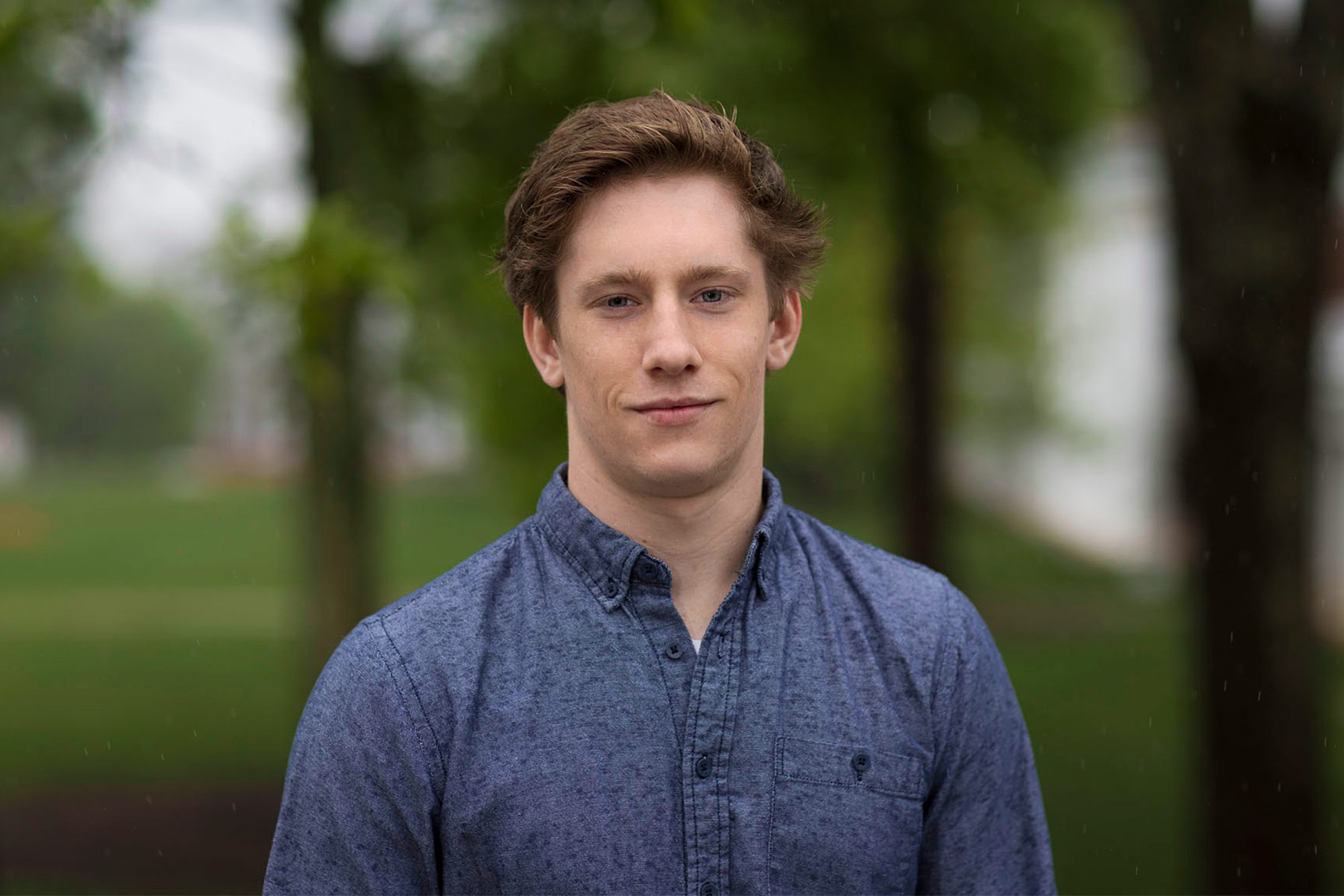
“I have been interested in the ways in which nations and organizations have tried to provide aid for developing nations for awhile and decided to choose a language that would give me some specialization in a specific region,” Anderson said. “I wanted to find a language that is taught in a smaller class setting so that I would have an experience more focused on my interests.
“I was also fascinated by the booming tourist industry and conservation efforts in East Africa and how this became tied with the identity of many East African countries.”
Anderson will study foreign investment, business strategies and economic development in East Africa, and wants to attain linguistic proficiency adequate for a professional/business setting. After the Critical Language Scholars program, Anderson plans to travel to Kenya in the fall to participate in the University of Minnesota’s International Development in Kenya program.
“I hope to gain contacts within the region that work to stimulate the economy of lesser-developed communities,” Anderson said. “The CLS program will hopefully improve my knowledge of Swahili enough so that I will be able to work with [a non-governmental organization] aimed at providing resources for smaller communities that will help them receive jobs and improve the cash flow in the region. I will be an intern at an NGO during the second half of the fall program and will hopefully be placed with an organization that aligns with my career goals.”
Anderson, a dean’s list student, was the vice president of advertising for Carpenter’s Kids @ UVA, which provides private aid for non-governmental organizations in Tanzania; activities director for College Mentors for Kids; a copy editor at the Cavalier Daily; and a member of the UVA Climbing Team. A graduate of Centreville High School, Anderson plans to attend graduate school for international development and work in the non-profit field.
Browning wants to eventually teach.
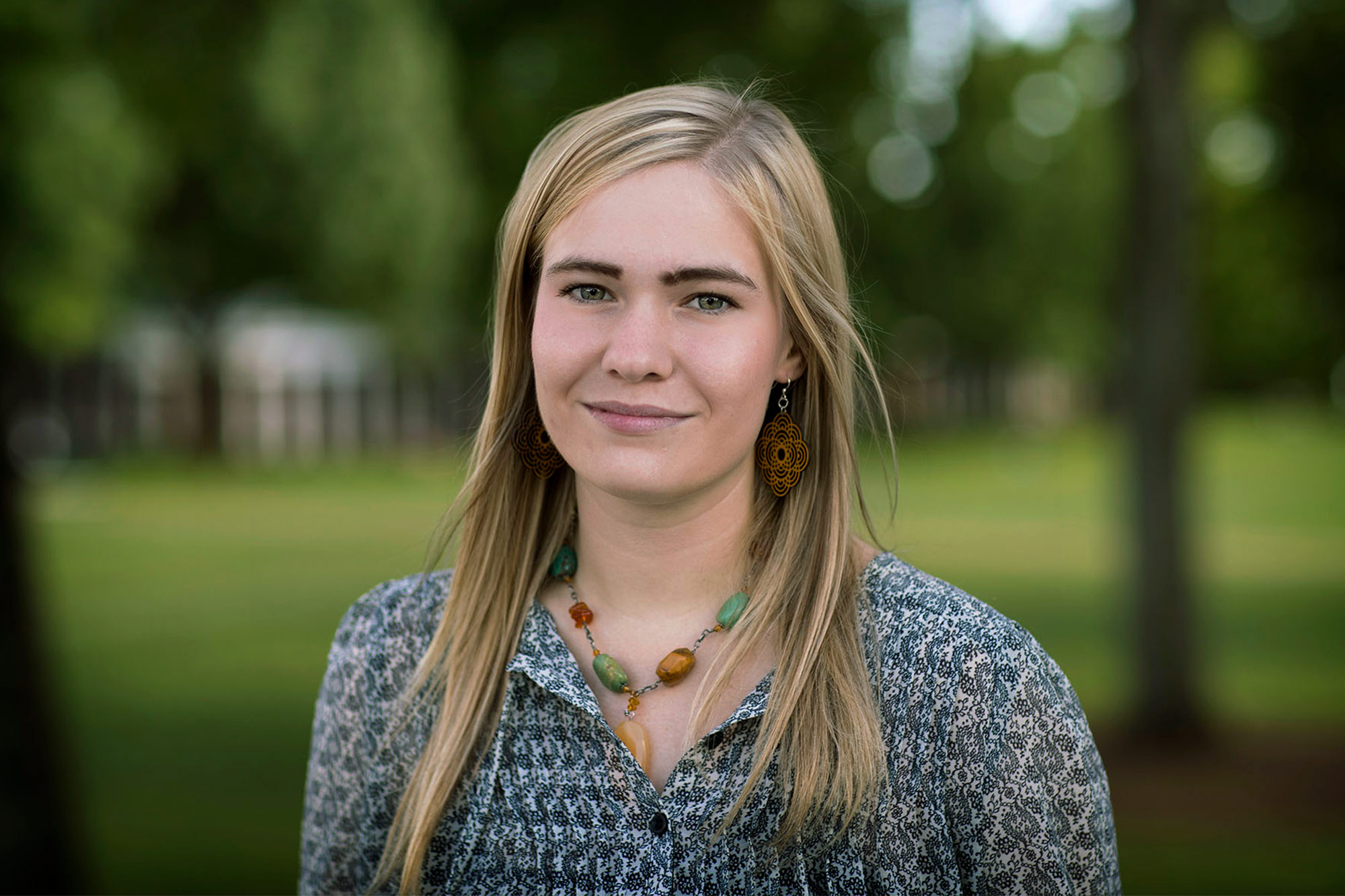
“I hope to teach so that I can help my students place everything within a context, and connect the complicated state of international politics with the political and social history of a united humanity,” Browning said. “I am deeply inspired and motivated by my study of history and South Asian language and culture. I hope to use my voice to combat the antagonistic environment that modern politics has fostered, and particularly, to counter the ‘othering’ of peoples throughout the Middle East and South Asia by Western governments and institutions.”
For Browning, the scholarship gives her an opportunity to more deeply experience the language.
“I have spent the last three years studying Hindi and Urdu within a classroom setting,” she said. “I have not seen the sights, smelled the smells or engaged with the culture on an intimate level. My knowledge of Urdu is limited to others’ perceptions. I have been blessed with the opportunity to take my education off of the page and engage firsthand with the culture that gives meaning and life to the Urdu script.”
She is a member of the Student Action Board at the UVA Center for Global Health, and has appeared on the dean’s list multiple times. She has worked as a media intern at Education Strategy Consulting in Charlottesville. She also works at The Pioneer, a digital publication under the larger HackCville umbrella organization, and she is active in Meditation for Students, a club that promotes mindfulness practice for students.
Haddad’s father was born in Beirut and came to the United States when he was in high school.
“Unfortunately, he never taught me the language when I was young, and so I wanted to learn Arabic to reconnect with my heritage.” Haddad said. “Additionally, I am fascinated by foreign affairs and public policy, and the Middle East is a region which is so incredibly relevant. I wanted to learn Arabic and about the various cultures in the Middle East to provide me with a greater understanding of the history, cultures and background of such an interesting and pertinent region.”
Haddad was an Undergraduate Student Opportunities in Academic Research participant with professor Jeanine Braithwaite in the Frank S. Batten School of Leadership and Public Policy, and the Phi Delta Theta fraternity philanthropy chair. He was a member of the Critical Incident Analysis Group; ParadeRest Virginia, which helps support veterans and military personnel; Habitat for Humanity; and the Arabic Conversation Club. He is a Madison House youth soccer coach and a UVA move-in greeter. A graduate of Chamblee Charter High School, he plans to apply for the Master of Public Policy program at the Batten School.
“That will enable me to combine my interests in economics, foreign affairs and international public policy,” he said. “While I do not yet know exactly what I want to do in the future, I am very interested by the prospect of working as a foreign service officer in the Middle East or in international security.”
Haddad started studying Arabic as a first-year student and sees this as the perfect way to continue these studies.
“The only way to truly begin to learn a language and culture is to spend extended time within the country, and [the Critical Language Scholarship] is presenting me with a wonderful opportunity to dedicate my summer to learning Arabic and the culture of Jordan,” he said. “It will provide me with a greater understanding of the region and dialect, which would be incredibly beneficial if I go on to work in a career that is related to the Middle East in the future.
“However, even if I don’t, the language and skills I would develop in such an intensive learning environment in a foreign country are transferable to many different careers.”
Shealy is studying Persian as a way of expanding his Middle Eastern language base.
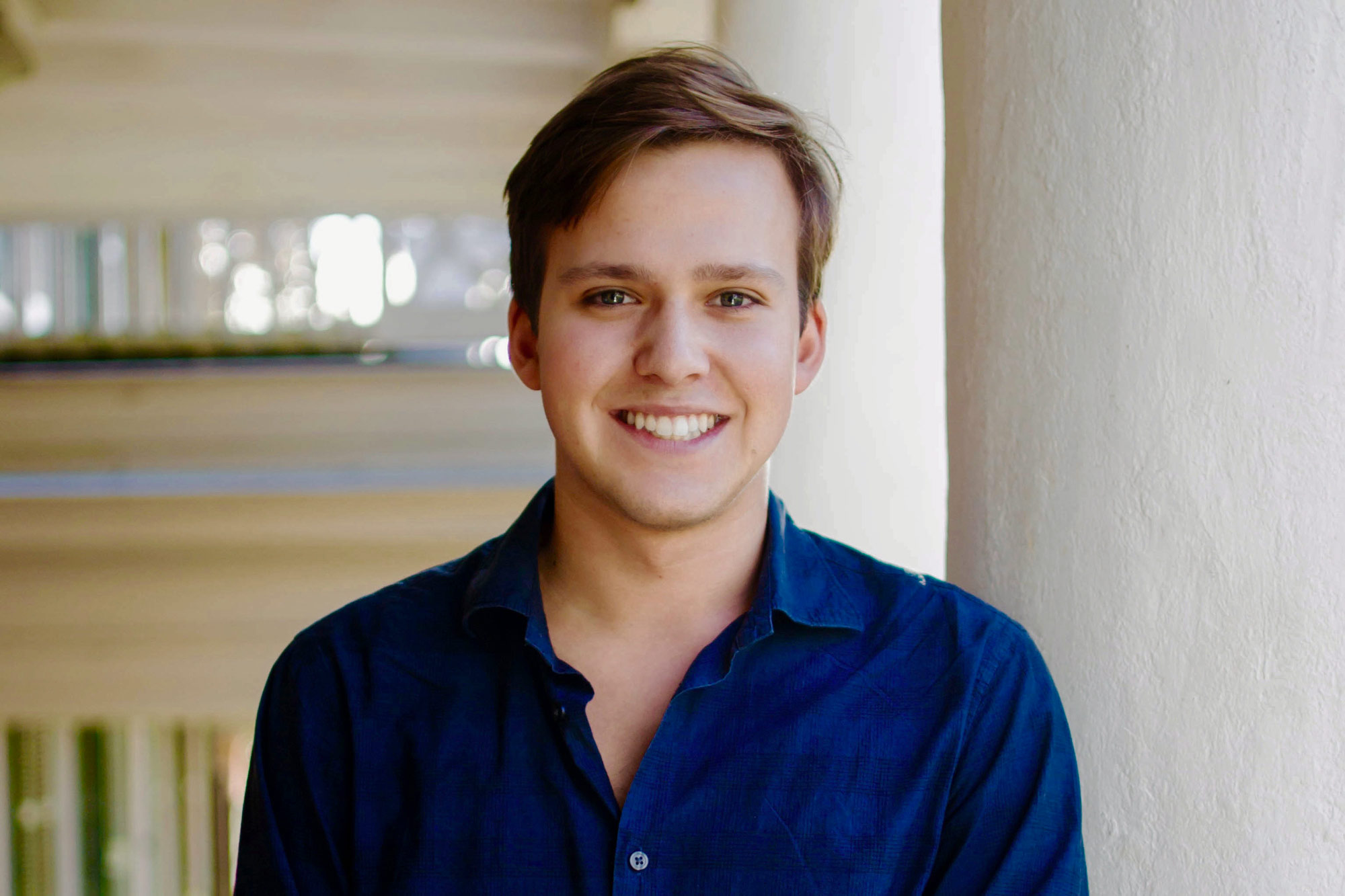
“This scholarship will further my knowledge of the Persian language as well as one of its dialects,” Shealy said. “I chose to study Persian because of my interest in the Middle East. I wanted to learn another language that would complement my previous study of Arabic and would help me gain a deeper understanding of the region. I was attracted to Persian specifically because of its historical significance and its importance in international affairs. Additionally, the ability to communicate in Persian is crucial in working with many refugee and migrant populations.”
Shealy plans to pursue a graduate degree in migration studies or humanitarian affairs and try to improve the lives and situations of migrants and refugees at the international, regional and local levels.
An Echols Scholar, Shealy is a former president of the Arabic Conversation Club; former vice chair of community relations for Community Honor Fund; co-president of Campus Kitchens; a volunteer with Latino and Migrant Aid through Madison House; and a Project Serve site leader. He has been a casework intern with the International Rescue Committee and is currently an intern at the International Organization for Migration headquarters in Geneva, Switzerland.
Turner, who said she has a passion for Arabic, its speakers and the region, will be hosted by the Noor Majan Training Institute.
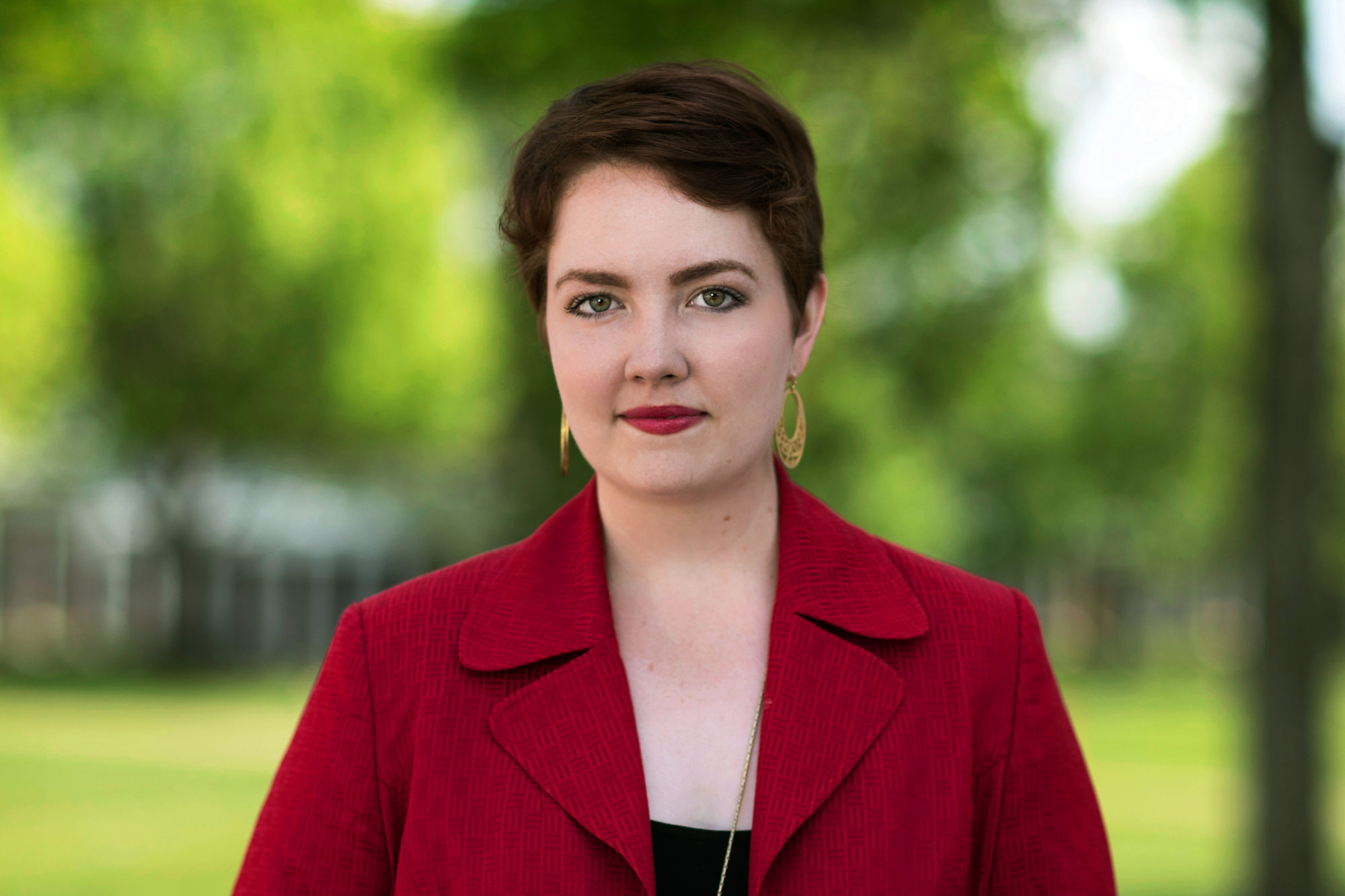
“The institute offers a high-quality learning experience in an encouraging and interactive environment,” Turner said. “Throughout the summer, I will experience a challenging academic program while gaining valuable insight into Oman’s unique culture.”
A member of the Arabic Conversation Club, Turner applied for the program because she believes participating in an immersion program will have an unparalleled impact on her language skills. A graduate of Grace Preparatory School, she plans to further her education by studying Islam and the Middle East and then pursuing global opportunities that develop her language fluency and understanding of the area and its people with the goal of working in intelligence, government, business or NGOs building bridges between Middle Eastern and Western people.
Zabin wants to return to what was once familiar.
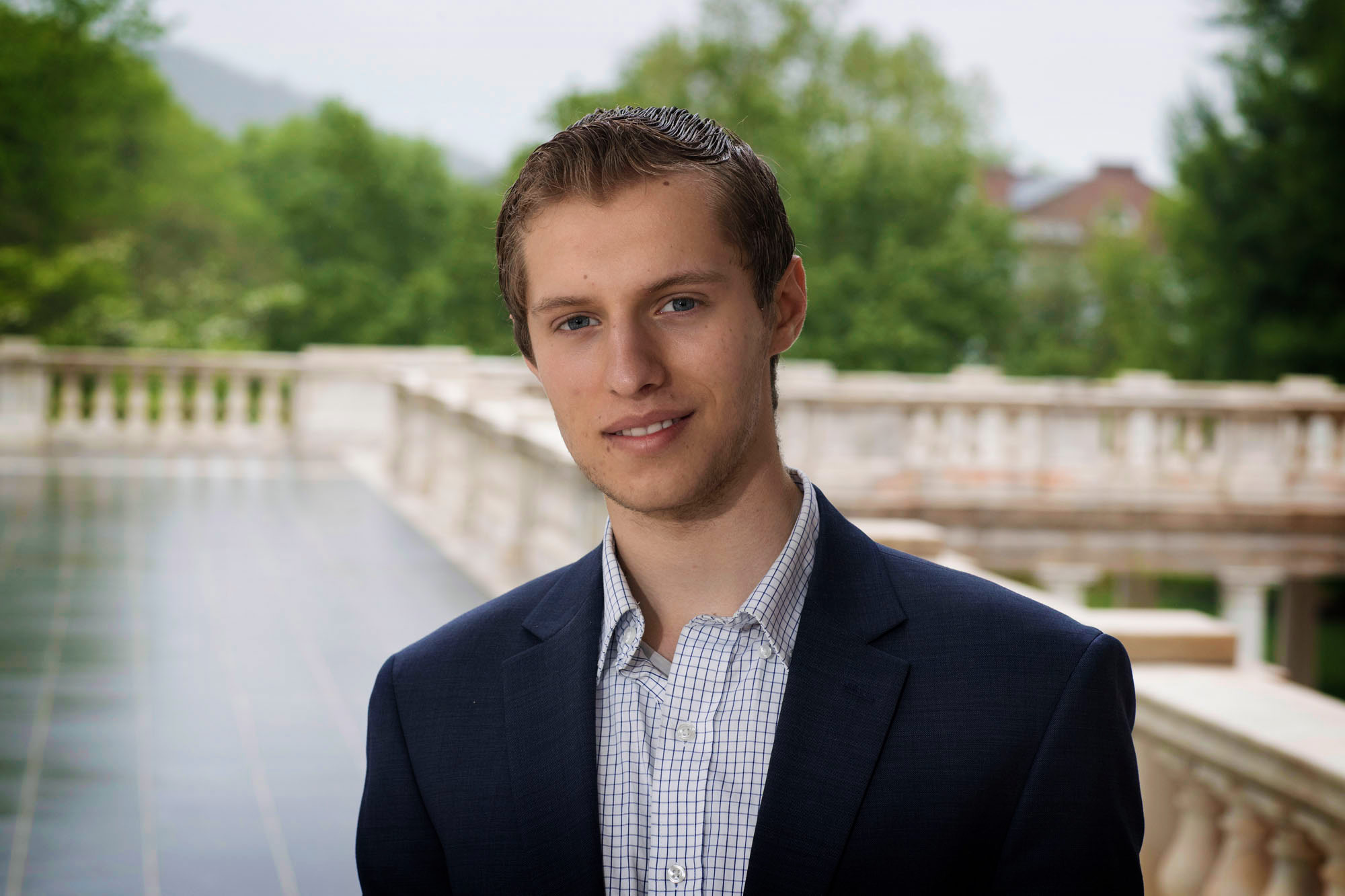
“I went to high school in Indonesia, so I cannot wait to re-immerse myself in the language and culture of this diverse nation,” Zabin said. The Critical Language Scholarship “will equip me with the language skills and cultural understanding necessary to research into issues of the prevalence of slash-and-burn palm oil developments, which are catastrophic for the environment. It also complements my Chinese and Persian language skills, which I hope to utilize as a diplomat someday.”
Zabin, who will stay with a host family and receive four hours of daily language instruction, is a member of the International Relations Organization, UVA’s chapter of the Model United Nations and the Persian Conversation Club. He is also a photographer for the Cavalier Daily. A graduate of the Jakarta Intercultural School, Zabin said he hopes to become part of the diplomatic corps.
Media Contact
Article Information
May 9, 2017
/content/learning-foreign-language-being-there-makes-all-difference

